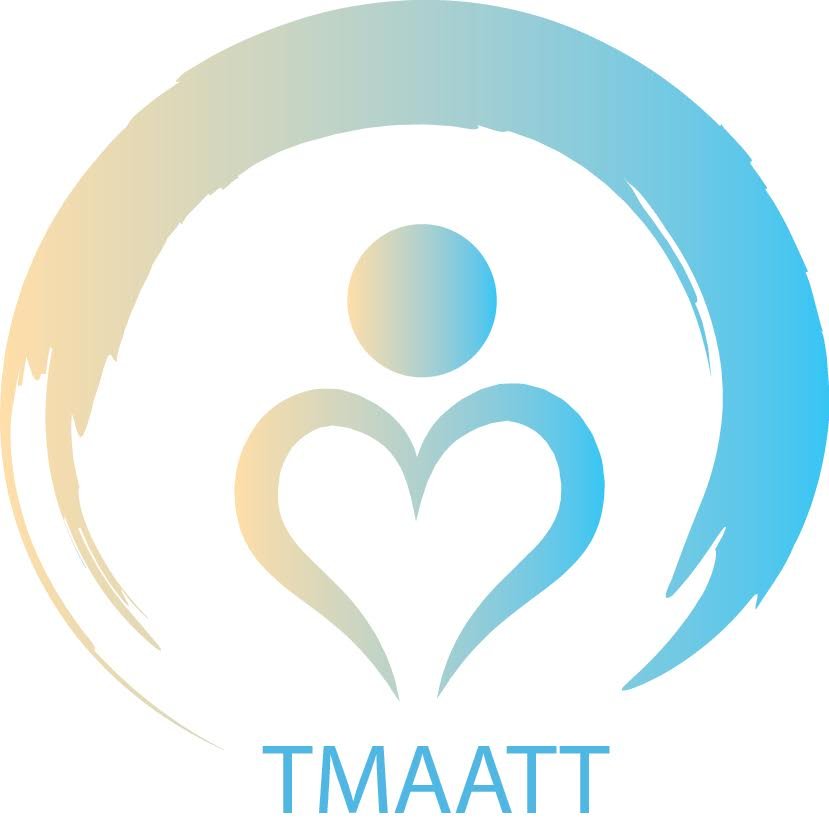The Mindfulness Based Therapist
Photo Credit: J.R. Korpa/Unsplash
“In a real dark night of the soul it is always three o’clock in the morning.” – F. Scott Fitzgerald
Over the last twenty years I have used mindfulness meditation in the treatment of addictive disorders. During this time, I have met many therapists who say that they too use mindfulness in their practice. They discuss that while they do not personally practice mindfulness in their own lives, that it “seems great for clients!”
My usual response, extended without judgement is, “I am so glad to learn you have an interest in the clinical application of mindfulness. Where did you train in mindfulness-based therapy?”
The response from my respected colleagues is often the same, “Oh...I did not formally train in meditation or mindfulness. I have read a couple of books on it.” Or they may say, “I’ve heard a podcast on mindfulness, read an article, and I use what I picked up there.”
My next question is usually, “Have you heard of The Dark Night of the Soul?” 99% of the time the response is, “I have not. What is that?”
What motivates me to ask these questions never comes from a punitive place. Rather it is curiosity, and sometimes concern, that guides my questions.
The concern surfaces at times because we therapists have learned over the years that proper training in our field is paramount. We gain certifications in Eye Movement Desensitization and Reprocessing, Cognitive Behavioral Therapy, Addiction Treatment, Couples Therapy, Emotionally Focused Therapy, Domestic Violence and more.
Yet when it comes to mindfulness, it seems that many clinical healers have a more laid back, laissez-faire approach. Therapists have shared that prior to attending formal mindfulness-based certification training, their overall mindset was, “Hey, what can go wrong? A bit of mindfulness can’t hurt anyone. What is there to really learn?”
This fly by the seat of one’s pants is never wise, especially when it comes to treating our therapy clients who trust that we are operating at the highest standard of care. Our clients count on us to practice within our clinical scope, and to attend training that supports our various clinical specializations. And mindfulness training and treatment is no exception.
One small but important piece in the vast field of mindfulness is what I mentioned at the start of this blog, The Dark Night of the Soul (Ingrum, 2008). To summarize briefly, this is characterized by five stages,
1. Dissolution
2. Fear
3. Misery
4. Disgust
5. Desire for Deliverance
6. Re-Observation
Each stage can trigger emotional dysregulation for a client. As we therapists know, clients who experience acute emotional dysregulation may experience the negative impact of this in many areas of their life, including their professions, academic pursuits, relationships, parenting, eating habits, sex and sleep. Clients may even experience psychotic episodes or suicidal behaviors. (https://doi.org/10.1371/journal.pone.0176239)
Mindfulness based therapy is designed to change how a person relates to their own mind. This is a fundamental shift in a client's consciousness—one that is not to be taken casually. When casually or incorrectly applied, it can sometimes be extremely dysregulating. If we have not been well versed on how to guide a client through this process, despite having started them on this journey, we are potentially putting both the client and our professional reputation, and possibly our license, at risk.
While a therapist may not have knowledge of these “dark nights” that often occur when utilizing mindfulness practices to assist their clients, a lack of training or knowledge should not be used as an excuse. Just as we would never practice EMDR without adequate training and consultation, we should not practice mindfulness without educating ourselves on all of its facets and applications.
As we can see, while there are numerous rewards, there is also risk when utilizing mindfulness to treat a client under our therapeutic care. As discussed here, unintended consequences from well-meaning therapists could arise when a casual approach to the application of mindfulness is taken. Clients place their deepest trust in their therapists; thus, it is vital that anyone who is using mindfulness as part of their treatment planning be well versed in the clinical application and ethical considerations - especially when challenging emotions or memories surface.
My hope in writing this blog is not to discourage but instead to encourage and support my fellow colleagues who are curious about mindfulness-based therapy. If you have been casually adding mindfulness to your clinical treatment of clients without training, my sincerest desire is that after reading this, you will have a better understanding that mindfulness applied therapy is much more than just a simple little intervention or quick breathing technique that a therapist can pull out of their bag of tricks.
A robust and comprehensive training that includes research-based instruction, guided and supported treatment planning, practiced tools and exercises, and a thorough understanding of crisis intervention with individuals, couples and group, as well as legal and ethical considerations in mindfulness-based therapy is vital.
As the founder of The Mindfulness Academy for Addiction and Trauma Training, I have worked closely with Mari A. Lee, LMFT, CSAT-S, MBATT-S, CPTT-S over the last few years in creating a mindfulness-based training program. Mari is a licensed Psychotherapist and a respected leader in our field, who is a certified mindfulness-based therapist, a senior faculty member with TMAATT, as well as a certified trauma and addiction therapist who is an expert on these topics. Additionally, Mari is an author and popular national speaker who is also passionate about mindfulness applied therapy. Together we have developed a comprehensive and formal training and CEU certification program to certify therapists in Mindfulness-Based Addiction and Trauma Therapy, or the “MBATT” certification.
The MBATT training is a three level, researched based, CEU Certification program that will train the therapist in the application of Mindfulness when treating addiction and complex trauma. What do we do when a client has a dysregulating response to the practice of mindfulness? How do we teach clients the necessary emotional regulatory skills to manage “dark nights?” Our MBATT certification program aims to address these important aspects of a mindfulness-based practice and more.
If you are interested in becoming a Certified Mindfulness Based Addiction & Trauma Therapist (MBATT), you can learn more here, and you are welcome to sign up for our interest list here.
Registration opens for Level I MBATT training on August 14th, 2020, and we close the training at 36 therapists in order to honor a connected, experiential, and creative training.
Darrin Ford, LMFT, CSAT-S, MBATT-S
About the Author: Darrin Ford, LMFT, CSAT-S, MBATT-S is a Licensed Marriage and Family Therapist, a Certified Sex Addiction Therapist and Supervisor, a Gottman trained couples therapist, and is certified by The American Association of Marriage and Family Therapists as a Clinical Supervisor of Associate Therapists.
As founder of Mindful Centers, he has integrated mindfulness into the treatment of those struggling
with addiction and trauma. He has also worked mentoring therapists in the utilization of mindfulness
and the development of their private practice.
In addition Darrin is a nationally recognized speaker and internationally published author. His books
include, "Awakening from the Addicted Mind,” co-author to “Transforming the Addictive Mind,” and co-author to “The Recovery Coach Client Handbook.”
You may contact Darrin at: darrin@tmaatt.com


